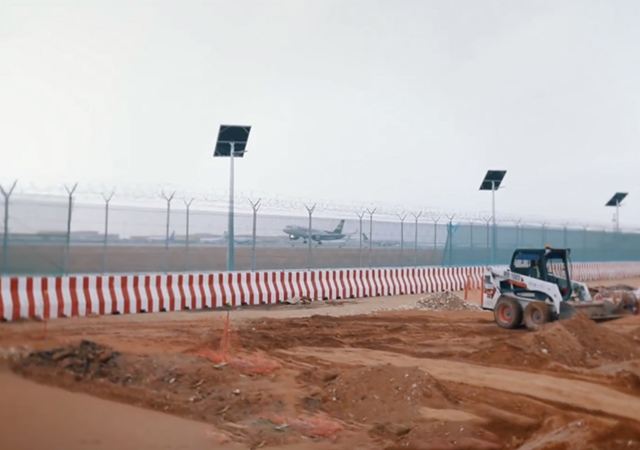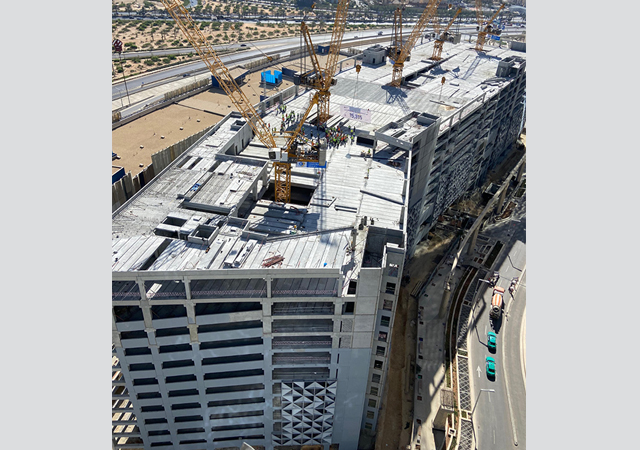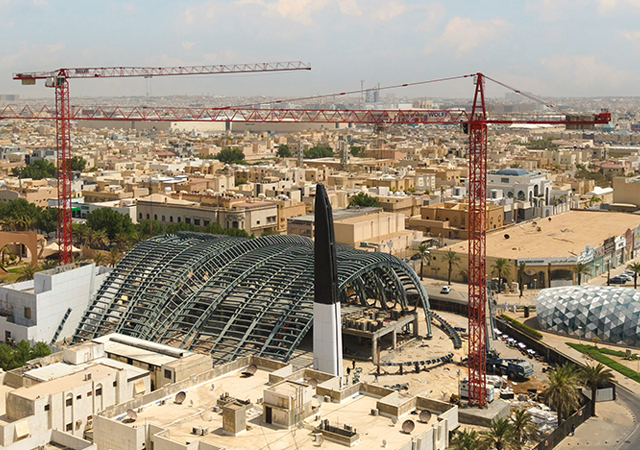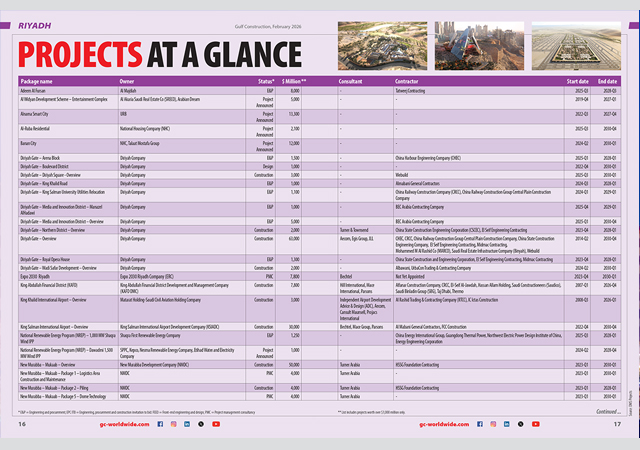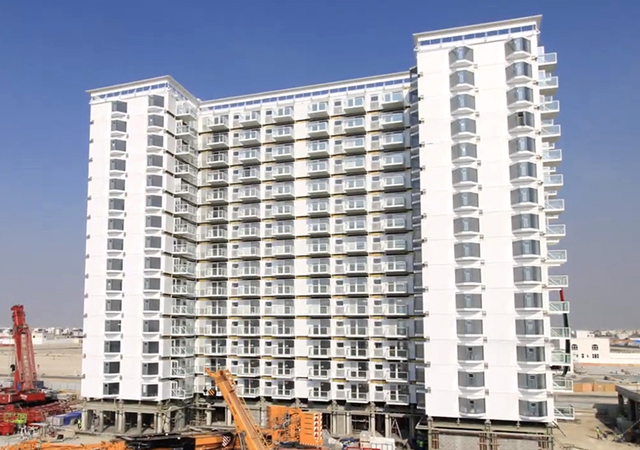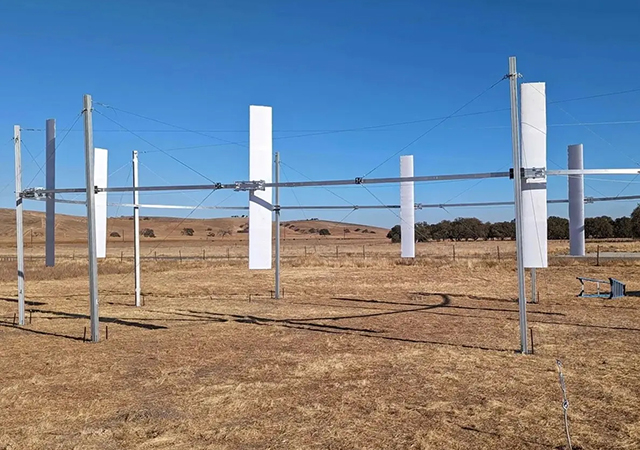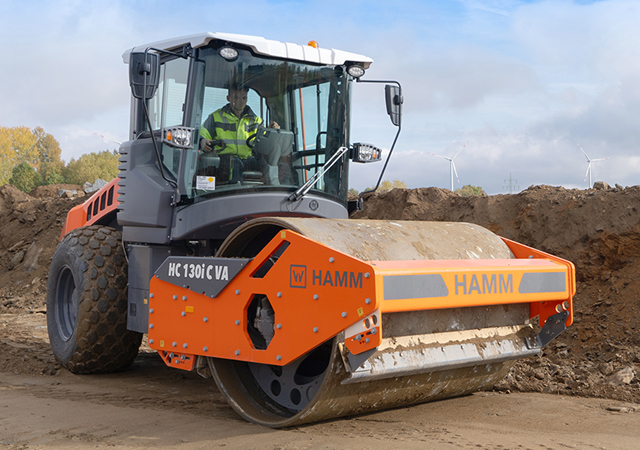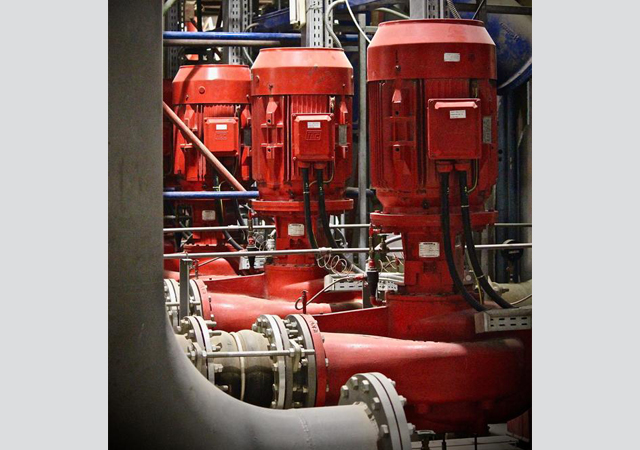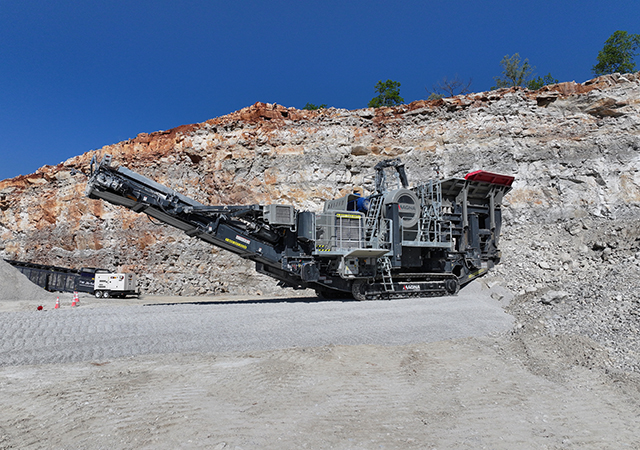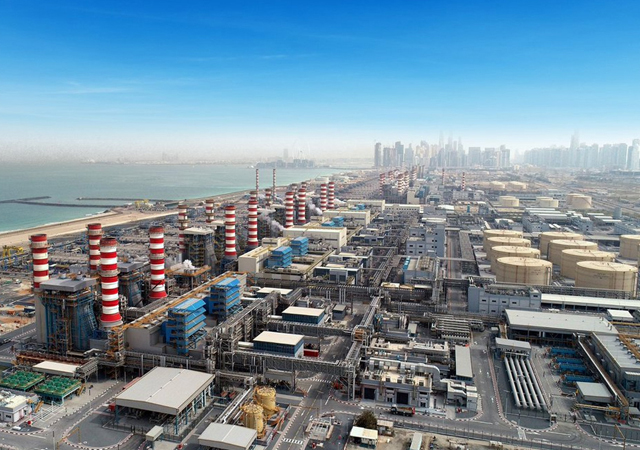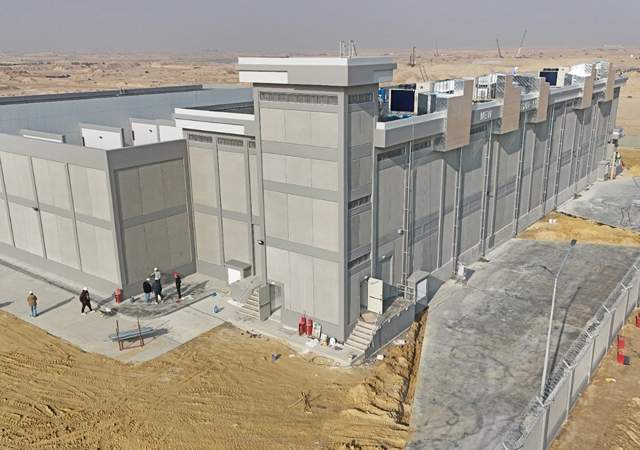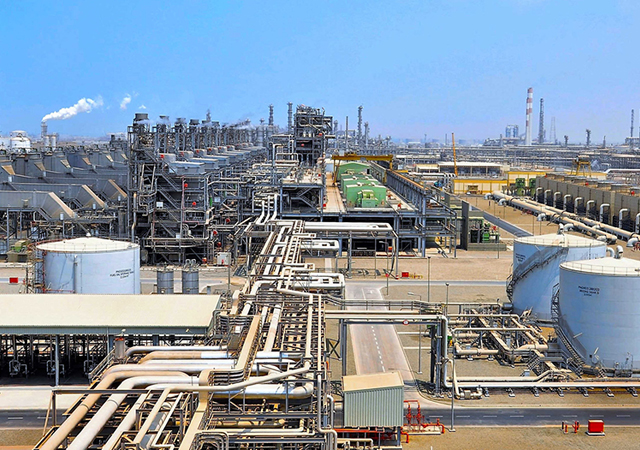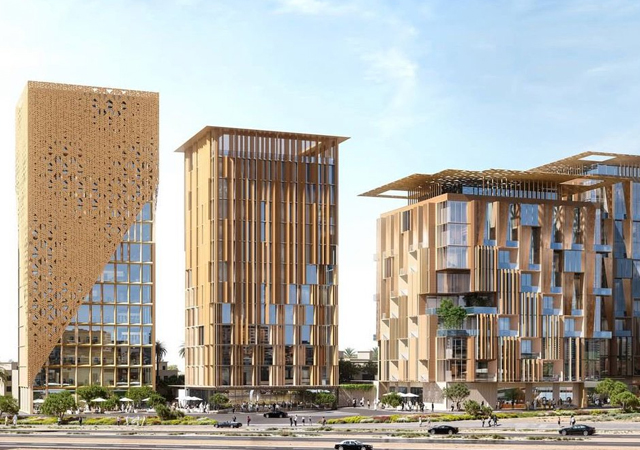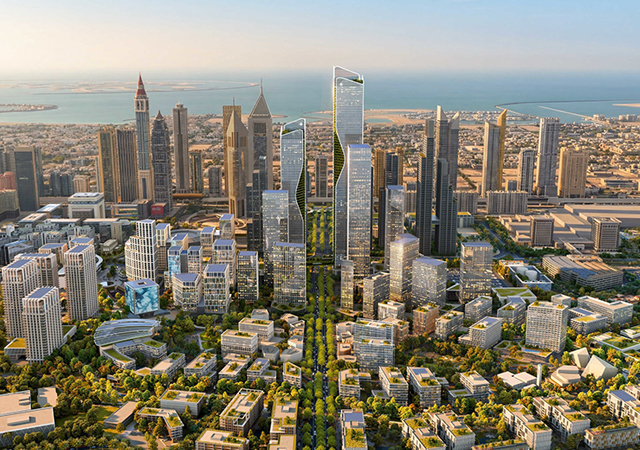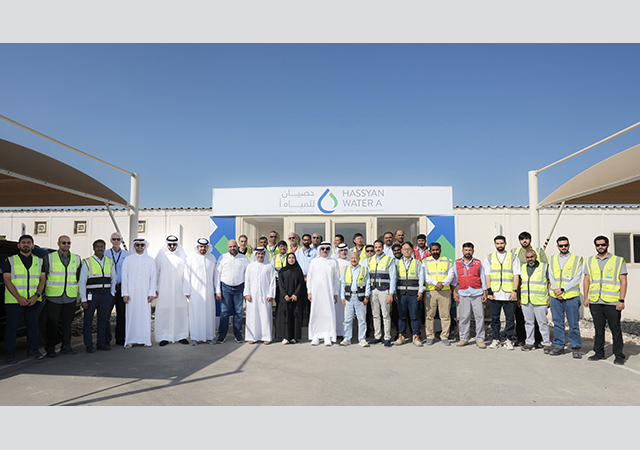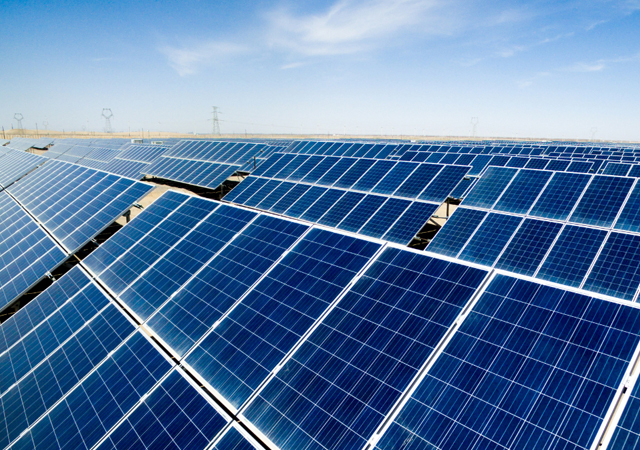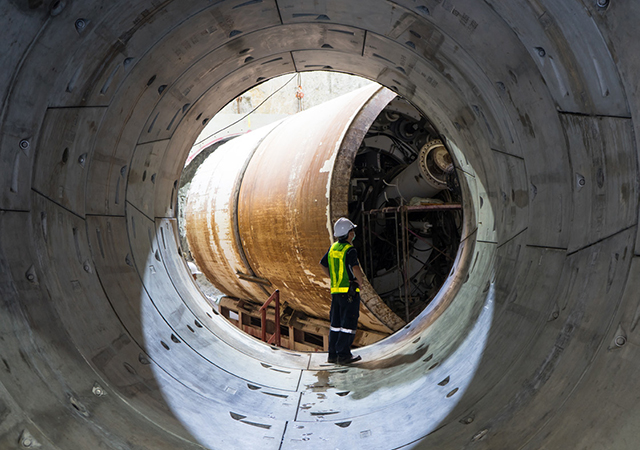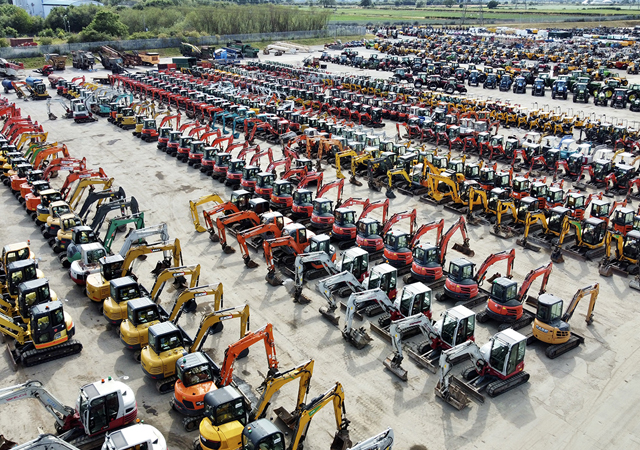

The construction sector in the Middle East and North Africa (Mena) region will face a downturn in 2020 over soaring Covid-19 cases in the region and slump in oil prices, according to leading data and analytics company GlobalData.
The construction output growth forecast has been revised to -0.8 per cent, down from the previous projection of 1.4 per cent in mid-March (and 4.6 per cent in its Q4 2019 update), it stated.
Yasmine Ghozzi, Economist at GlobalData, said: “Oil- and gas-dependent countries will face funding challenges given the decline in oil prices, which will have a negative impact on investment in major public-funded development projects.”
“Although an historic agreement on production cuts was reached on April 12 between Opec members and the group’s major oil producing allies to cut production by 9.7 million barrel per day, oil prices are set to remain at low levels given the severe decline in global demand,” stated Ghozzi.
While Saudi Arabia is still maintaining its renewable energy programme impetus and Aramco is issuing tenders for offshore construction works, other parts of the GCC, including Qatar, Oman and Kuwait, are revising their spending and their construction pipelines.
Ghozzi said: “Dubai’s Department of Finance has also ordered a 50 per cent cut in capital spending and has called for a freeze on new public construction schemes.”
“Outside the GCC, the Iraqi Government announced that Covid-19 pandemic constitutes a force majeure for all projects and contracts, creating uncertainty in Iraq’s construction sector,” he added.
Ghozzi pointed out that in North Africa, the outbreak threatens to devastate Egypt’s $12.5-billion-a-year tourism industry, which accounts for 12 per cent of GDP.
“It will likely have a severe impact on the commercial buildings work, as investment plans in the hospitality sector are expected to be halted, if not canceled outright,” he added.
Meanwhile, GlobalData – which had predicted an acceleration in the pace of growth in the global construction industry prior to the coronavirus outbreak – has revised its forcast for growth down to 0.5 per cent from 3.1 per cent previously, given the severe disruption in China and other leading economies worldwide following the outbreak.
The current forecast assumes that the outbreak is contained across all major markets by the end of the second quarter, following which, conditions would allow for a return to normalcy in terms of economic activity and freedom of movement in the second half of the year.
However, there will be a lingering and potentially heavy impact on private investment owing to the financial toll that was inflicted upon businesses and investors across a wide range of sectors, stated the analytics company in its ‘Global Construction Outlook to 2024 – Covid-19 Impact’ report.
While growth in 2021 will be marginally higher than previously expected owing to the projected rebound (and high year-on-year growth rate) in the first half of next year, in the event that the spread of the virus continues into the second half of 2020, further downward revisions to the growth outlook are likely, it added.
Danny Richards, the Lead Economist at GlobalData, said: “With extreme quarantine measures including lockdowns of entire countries as well as international travel restrictions being imposed across many major economies, the supply shock is expected to dampen economic activity.
“The direct impact on construction has been the halting of work with labour unable to get to sites or because of disruption in the delivery of key materials and equipment.”
“More generally, the construction industry will be heavily affected by the expected widespread disruption to economic activity and a likely drop in investment, with planned projects being delayed or cancelled,” he added.
GlobalData foresees particular struggles in the commercial and industrial sectors; businesses in these sectors are most at risk from the severe drop in economic activity, domestically and globally, and their immediate priorities will be on staying afloat and rebuilding their core operations, rather than expanding and investing in new premises or capacity.
The residential sector also will struggle as economic activity weakens and unemployment rises, despite low interest rates and direct government support, revealed Richards.
“There is a high risk that a considerable proportion of the early stage projects in these sectors will be cancelled or at least pushed back, with few new projects starting in the second quarter of 2020 as firms review their expansion plans,” he added.






